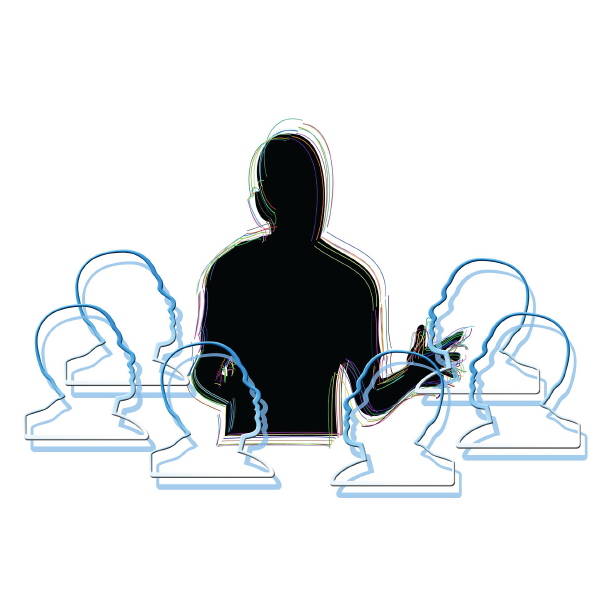Summary: Attribution Theory attempts to explain the world and to determine the cause of an event or behavior (e.g. why people do what they do).
Originator: Bernard Weiner (1935- )
Key terms: Attribution, locus of control, stability, controllability
Attribution Theory (Weiner)
Weiner developed a theoretical framework that has become very influential in social psychology today. Attribution theory assumes that people try to determine why people do what they do, that is, interpret causes to an event or behavior. A three-stage process underlies an attribution:
behavior must be observed/perceived
behavior must be determined to be intentional
behavior attributed to internal or external causes
Weiner’s attribution theory is mainly about achievement. According to him, the most important factors affecting attributions are ability, effort, task difficulty, and luck. Attributions are classified along three causal dimensions:
locus of control (two poles: internal vs. external)
stability (do causes change over time or not?)
controllability (causes one can control such as skills vs. causes one cannot control such as luck, others’ actions, etc.)
When one succeeds, one attributes successes internally (“my own skill”). When a rival succeeds, one tends to credit external (e.g. luck). When one fails or makes mistakes, we will more likely use external attribution, attributing causes to situational factors rather than blaming ourselves. When others fail or make mistakes, internal attribution is often used, saying it is due to their internal personality factors.







